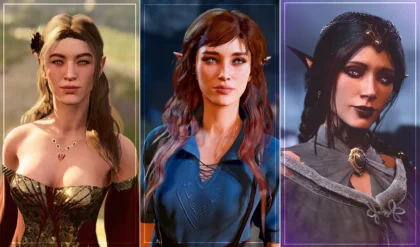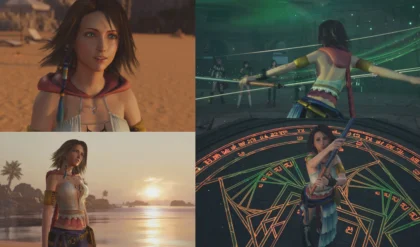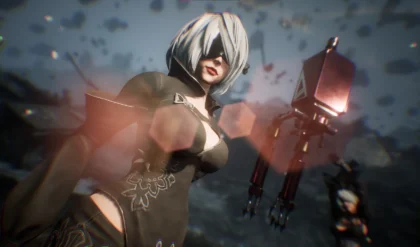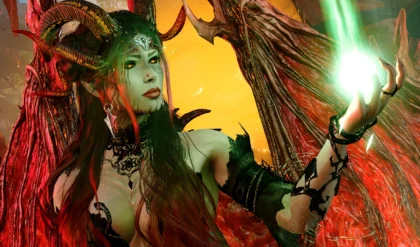Clair Obscur: Expedition 33 – Should You Tell Maelle the Truth or Lie? A Choice That Defines Trust and Triumph
Clair Obscur: Expedition 33, released on April 24, 2025, has taken the RPG world by storm, selling over two million copies in its first week and earning a 92 rating on Metacritic. Developed by Sandfall Interactive, this turn-based masterpiece, inspired by Belle Époque France, blends real-time combat mechanics with a haunting narrative about grief, sacrifice, and redemption. Set in the city of Lumière, where the Paintress awakens annually to paint a number that dooms those of that age to dust, the game follows Expedition 33’s quest to end her curse. Among its emotionally charged moments, one decision stands out: whether to tell the truth or lie to Maelle about Verso’s actions during Gustave’s death in Act 1. This choice, tied to Maelle’s relationship arc, has sparked heated debates among players, with posts on X and Reddit highlighting its impact on gameplay and story. Should you bare Verso’s soul or shield Maelle from pain? Let’s explore the consequences, rewards, and emotional weight of this pivotal moment.

The Context: Maelle, Gustave, and Verso’s Burden
Maelle, a 16-year-old orphan voiced by Jennifer English, is the youngest member of Expedition 33, joining not to save Lumière but to escape it, seeking freedom beyond a city that never felt like home. Her bond with her foster brother Gustave, the group’s leader, is central to her arc, defined by moments like skipping stones together in Act 1’s camp scene—a tender prelude to tragedy. Gustave’s death at the hands of the mysterious Renoir, revealed later as the Curator, marks a turning point, shattering Maelle’s hope and leaving her grappling with loss. Verso, another Expeditioner, harbors a secret about this moment, and in Act 2, Maelle confronts him, asking if he could have saved Gustave.
This question is loaded. Verso, as players later learn, is a fictional facsimile of the Paintress’s deceased son, existing within a painted Canvas—a world created to cope with real-world grief. His actions in Act 1 are tied to his complex motives, including his knowledge of the Canvas’s true nature and his role in Renoir’s plans. When Maelle asks about Gustave, she’s seeking closure, but her intuition suggests she already suspects the truth. The player, controlling Verso, must choose: tell the truth, admitting Verso’s inaction, or lie to protect Maelle’s feelings. This decision, occurring at camp after advancing Esquie’s relationship to level 4, affects Maelle’s trust, her combat prowess, and the emotional trajectory of the story.
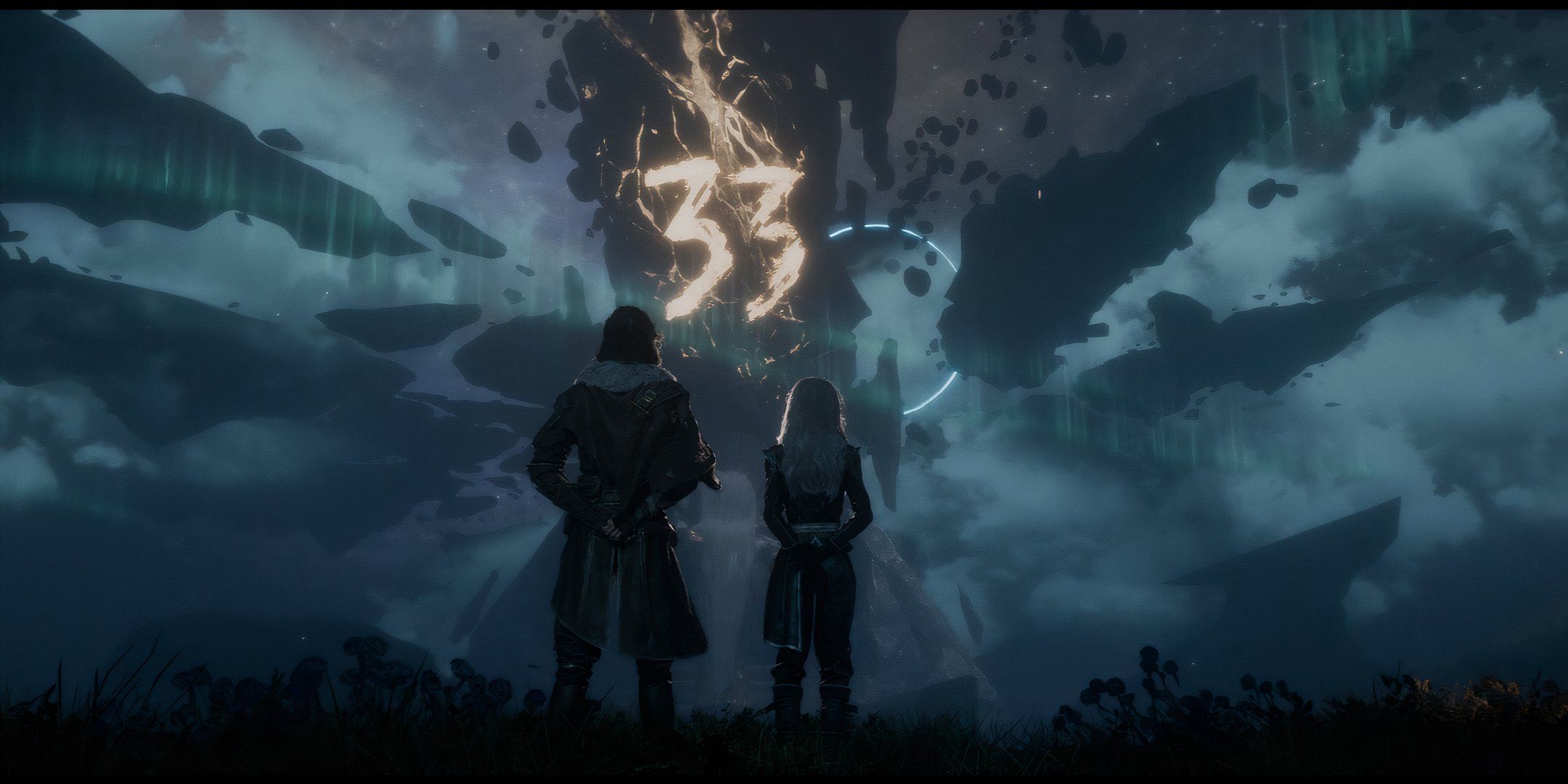
The Truth: A Path to Trust and Power
Choosing to tell Maelle the truth—“Yes.”—is a moment of raw honesty. Verso admits he could have intervened but didn’t, a confession that lays bare his guilt and complicity. Maelle, though hurt, sees through any pretense, and her response is one of reluctant acceptance. She knows the truth deep down, and Verso’s candor validates her trust, strengthening their bond. This choice unlocks the path to Maelle’s relationship level 7, a milestone that yields significant rewards, both narrative and mechanical.
Gameplay-wise, reaching level 7 unlocks Maelle’s final Gradient Skill, Gommage, a devastating attack that ranks among the game’s most powerful. Gommage leverages Maelle’s fire-based abilities and Virtuose Stance, dealing massive single-target damage and synergizing with Burn stacks to dismantle even the toughest bosses, like the Act 3 superboss Simon or the final confrontation with Renoir. This skill, requiring precise setup with Pictos like Marking Shot and Lumina passives like Dead Energy, can hit for over 9,999 damage, making it essential for Expert difficulty and New Game+ (NG+). Additionally, players earn the “Maelle” trophy/achievement, a testament to completing her relationship questline.
Narratively, the truth leads to a heartfelt side quest. Maelle and Verso embark on a “fun adventure” to vandalize the Paintress’s Tower, scrawling a defiant message for Renoir. This moment, filled with tears and camaraderie, lifts a weight off both characters, reinforcing their surrogate sibling bond. They climb a rickety tower on Lumière’s coast, accessible with Esquie’s flight ability, where Maelle faces a solo battle—a test of her growth. The scene is bittersweet, blending humor with grief, and it deepens Maelle’s arc as a teenager finding purpose amid loss. By choosing honesty, players ensure Maelle remains a trusted ally, her combat potential fully realized, and her story enriched with closure.
The Lie: A Costly Betrayal
Opting to lie—“No.”—has Verso deny any ability to save Gustave, a choice that Maelle immediately sees through. Her intuition, honed by her emotional maturity despite her youth, detects the deception, and the conversation ends abruptly. This decision locks players out of Maelle’s relationship level 7, halting her arc at level 6 and denying access to Gommage. The loss of this skill is significant, as it limits Maelle’s effectiveness against late-game bosses, forcing players to rely on less optimal builds, like Lune’s Stain cycling or Monoco’s enemy-skill absorption. The “Maelle” trophy is also unattainable, a blow for completionists.
Story-wise, lying strains Maelle’s relationship with Verso. At camp, she grows distant, her dialogue curt and disinterested, reflecting her eroded trust. This shift subtly alters party dynamics, as Maelle’s interactions with others, like Sciel or Lune, lose some warmth. The vandalism quest is inaccessible, depriving players of a poignant moment that fleshes out Maelle’s resilience. While the main story progresses unaffected, the lie creates a lingering sense of missed opportunity, with Maelle’s arc feeling incomplete. Posts on X, like one from @acquaintedwell, express relief at choosing truth, noting the permanent lockout from Gommage as a harsh penalty for lying, with some players reloading saves to correct their choice.
Why Tell the Truth?
The truth is the clear winner for both gameplay and narrative reasons. Mechanically, Gommage is a game-changer, amplifying Maelle’s role as a single-target DPS powerhouse. Her ability to break shields with skills like Breaking Rules and stack Burn with Rain of Fire already makes her a cornerstone of many party builds, and Gommage elevates her to near-unstoppable status. For players tackling the game’s hardest content—Act 3’s Crooked Tower, the Ancient Gestral Arena, or NG+ superbosses—this skill is invaluable. The “Maelle” trophy adds incentive for trophy hunters, ensuring a tangible reward for emotional investment.
Emotionally, the truth aligns with Clair Obscur’s themes of confronting grief and embracing reality. Maelle, as Alicia in the real world, is a Painter scarred by a fire, using the Canvas to escape her pain. Her arc mirrors the game’s exploration of unhealthy coping mechanisms, and Verso’s honesty helps her face the truth about Gustave’s death, paralleling the “good” ending where destroying the Canvas frees Alicia from grief. Lying, conversely, perpetuates denial, echoing the “bad” ending where Maelle remains trapped in the Canvas, her face stained with paint like her mother Aline’s. The vandalism quest, with its mix of rebellion and healing, reinforces this growth, making the truth a catalyst for Maelle’s self-discovery.
The Bigger Picture: Choice and Consequence
The Maelle decision encapsulates Clair Obscur’s strength: making player choices matter without overwhelming complexity. Unlike the game’s final choice—fighting as Maelle or Verso to determine the Canvas timetamp://www.youtube.com/watch?v=2lB6mVDrWvU&t=1274s’s fate—this moment is less about world-altering consequences and more about personal trust. It’s a microcosm of the game’s narrative, where every character grapples with loss, from Lune’s search for her parents to Sciel’s mourning of her husband Pierre. Maelle’s youth and vulnerability make her arc particularly poignant, and the truth respects her agency, acknowledging her ability to handle pain despite her age.
Fan reactions highlight the choice’s impact. On Reddit, players praise the truth for its rewards and emotional payoff, while some lament lying due to initial instincts to protect Maelle, only to regret the lockout. The game’s community, active on Steam and X, values how such decisions tie into its 30-hour runtime, blending JRPG melodrama with Soulslike precision. Sandfall’s design ensures the choice feels organic, tied to camp interactions unlocked after advancing Esquie’s bond, and its consequences ripple through combat and story, rewarding attentive players.
Counterarguments: Why Lie?
Some players might consider lying to shield Maelle, reflecting Verso’s guilt or a desire to preserve her hope. Narratively, this could align with Verso’s internal conflict, as he hides the Canvas’s truth from the party, suggesting a pattern of secrecy. However, the game punishes this choice harshly, with no unique rewards or story branches to justify it. Unlike the final choice, where fighting as Maelle offers a distinct “bad” ending, lying to Maelle feels like a dead end, undermining her arc and Verso’s growth. Even players who role-play Verso as deceptive find the lockout from Gommage and the trophy frustrating, as it limits endgame viability.
Strategic Considerations
For players prioritizing gameplay, the truth is non-negotiable. Maelle’s Gommage requires relationship level 7, achievable only by choosing “Yes.” at the prompt. To reach this point, players must advance Esquie’s relationship to level 4, unlocking the camp dialogue, and invest in Maelle’s bond through “spend time” interactions in Act 2. The vandalism quest, requiring Esquie’s flight ability, involves a solo battle where Maelle’s Percee and Spark skills, enhanced by Burn-focused Pictos, shine. Equipping Roulette Lumina can double Gommage’s damage, making it a must-have for superbosses. Lying, while tempting for role-playing, wastes this buildup, as level 6 caps Maelle’s potential, leaving her underpowered compared to fully upgraded allies like Lune or Monoco.
Conclusion: Honesty Is the Best Path
Telling Maelle the truth in Clair Obscur: Expedition 33 is the optimal choice, balancing narrative depth with gameplay rewards. It strengthens her bond with Verso, unlocks the game-changing Gommage skill, and delivers a memorable side quest that enriches her arc. Lying, while emotionally intuitive for some, leads to a strained relationship, missed opportunities, and a weaker Maelle in combat—a steep price in a game where every skill matters. This decision, though small compared to the game’s climactic choice, captures Clair Obscur’s essence: confronting painful truths to find strength. As players navigate Lumière’s painted world, from its haunting monolith to its vibrant bazaars, choosing honesty ensures Maelle shines as the fiery, resilient heart of Expedition 33, ready to face Renoir and her own demons.
